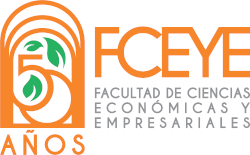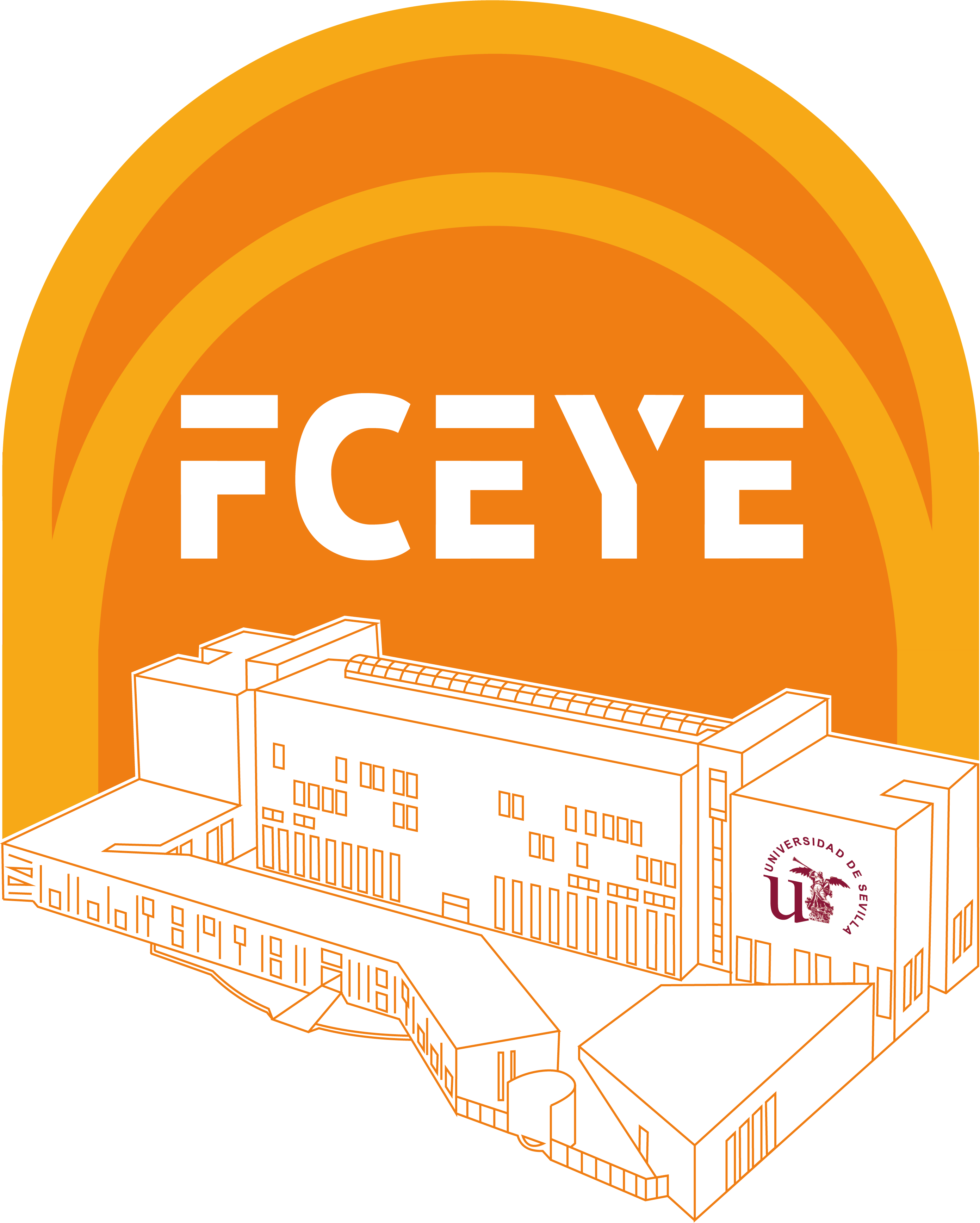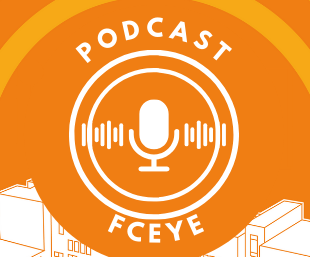Information Systems Capabilities Value Creation through Circular Economy Practices in Uncertain Environments: A Conditional Mediation Model
Riggs, Randy; Felipe, Carmen M. ; Roldán, José L.; Real, Juan C.
This paper explores the relationship between information systems (IS) capabilities, circular economy (CE) practices, and business performance (BP) in uncertain environments. The study aims to understand how IS capabilities enable CE practices to become higher-order capabilities that enhance BP and how environmental uncertainty affects this relationship.
The study begins by discussing the importance of IT business value and sustainable activities in academia and management. It highlights the circular economy as a recent approach to addressing sustainability challenges. The authors draw on the perspective of IT-enabled organizational capabilities and contingency theory to analyze the impact of IS capabilities on CE practices and BP.
The research uses partial least squares structural equation modeling (PLS-SEM) to demonstrate that CE practices fully mediate the relationship between IS capabilities and BP. However, environmental uncertainty negatively moderates both the impact of CE practices on BP and the mediation of CE practices in the IS capabilities-BP relationship. This means that while IS capabilities can enhance CE practices and BP, the benefits are reduced in uncertain environments.
The paper provides practical guidelines for managers on how to embed IS capabilities into organizational processes to transition to a circular economy model, depending on the uncertainty within their specific operating environment. The study also combines predictive and causal techniques with pPLS-SEM to test conditional mediation effects.
The introduction section discusses the ongoing debate in IS research about the impact of IT investments on BP. Despite decades of study, no common position explains how IT investments contribute to BP. The paper highlights the need for deeper insights into IT business value concerning sustainable practices.
The circular economy is presented as a leading approach to addressing sustainability challenges in private companies. CE practices emphasize preserving the value of products and materials through activities such as reusing, repairing, and recycling. The paper notes that while CE practices have economic benefits, the industry is slow to abandon traditional linear systems.
The study proposes two research questions: (1) What underlying mechanisms can link IT and CE practices to create economic value in companies? (2) Do CE practices exert a context-dependent effect on BP, specifically on the uncertainty of the business environment?
The theoretical framework combines the perspective of IT-enabled organizational capabilities with that of contingency theory. The IT-enabled organizational capabilities perspective suggests that IT resources and capabilities do not directly generate competitive advantage but influence other intermediate processes and organizational capabilities. The paper proposes that IS capabilities enable CE practices, which in turn impact BP.
The research model is tested using a sample of 210 Spanish companies from sectors critical for implementing CE practices. The study uses advanced PLS-SEM techniques to address complex research objectives.
The paper provides several academic contributions, including new insights into the value-creation mechanisms of IT and CE, extending the perspective of IT-enabled organizational capabilities, and offering practical guidelines for managers. The study also provides methodological contributions to PLS-SEM by utilizing various techniques to tackle mediation analysis and estimate conditional mediation effects9.
In conclusion, the paper demonstrates that IS capabilities can enhance CE practices and BP, but the benefits are reduced in uncertain environments. The study provides practical guidelines for managers and contributes to the academic understanding of the relationship between IS capabilities, CE practices, and BP.


















